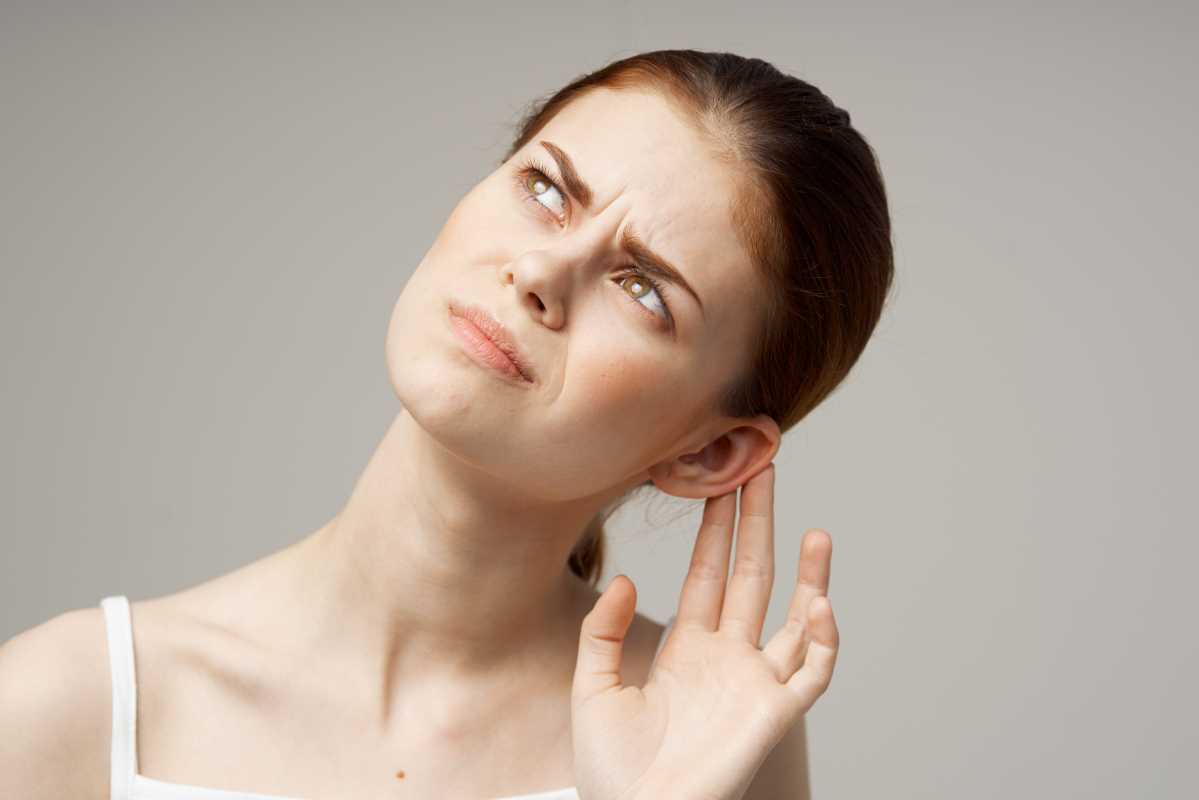Many people find tinnitus to be an aggravating and relentless condition, where ordinary sounds become overwhelmingly loud or phantom noises emerge without any apparent source. Most are aware that loud environments or stress can exacerbate this condition, but there are also several less obvious factors that might be contributing to those unwelcome flare-ups. By uncovering and recognizing these hidden triggers, you can take control and better manage your symptoms. This newfound understanding not only aids in alleviating the discomfort associated with tinnitus but also enhances your overall quality of life, allowing you to engage more fully in daily activities without the constant distraction of intrusive noises.
Understanding Tinnitus Basics
Tinnitus often describes a ringing, buzzing, or hissing sound in the ears that isn’t caused by an external source. Here are some key facts about tinnitus:
- Prevalence: Approximately 15-20% of people experience tinnitus at some point in their lives.
- Causes: It can result from a variety of factors, including hearing loss, ear infections, and exposure to loud noises.
- Types: Tinnitus can be subjective, where only the person affected can hear the noise, or objective, which others can hear.
- Impact: While tinnitus itself isn’t a serious medical condition, it can lead to significant emotional distress and affect daily activities.
The Common Culprits
Several well-known factors can trigger tinnitus flare-ups. These include:
- Loud Noise Exposure: Concerts, construction sites, or any environment with high noise levels can worsen tinnitus.
- Hearing Loss: Age-related hearing decline often accompanies tinnitus.
- Ear Infections: Infections can irritate the auditory system, leading to increased tinnitus symptoms.
- Caffeine and Alcohol: Excessive consumption of these substances can make tinnitus worse.
Hidden Trigger 1: Stress and Anxiety
Stress and anxiety are not just emotional states; they can significantly impact physical health, including worsening tinnitus. When you’re stressed, your body releases chemicals like cortisol, which can heighten your perception of tinnitus sounds. Anxiety can also make it harder to focus on anything else, making the tinnitus seem louder and more persistent.
Managing stress through techniques such as deep breathing, meditation, or regular exercise can help reduce the intensity of tinnitus flare-ups. Creating a calm and relaxing daily routine can make a noticeable difference in how you experience tinnitus.
Hidden Trigger 2: Dietary Choices
Your diet plays a crucial role in managing tinnitus symptoms. Certain foods and beverages can aggravate or soothe your condition. Consider the following dietary impacts:
- Salt Intake: High sodium levels can increase blood pressure, which may worsen tinnitus.
- Sugar Consumption: Excess sugar can lead to inflammation and stress on the body, exacerbating tinnitus.
- Caffeine: While moderate consumption might be okay, too much caffeine can increase tinnitus severity.
- Processed Foods: Foods high in preservatives and artificial ingredients can trigger or worsen tinnitus symptoms.
By making mindful dietary choices and reducing the intake of these potential triggers, you can help manage your tinnitus more effectively.
Hidden Trigger 3: Allergens
Allergens in your environment can lead to inflammation and congestion, which may increase tinnitus symptoms. Common allergens include dust mites, pet dander, pollen, and mold. These allergens can cause your body to react in ways that may affect your ears and hearing.
Identifying and addressing hidden allergens in your home can significantly reduce tinnitus flare-ups.
Hidden Trigger 4: Noise Exposure
Even if you’re not in a typically loud environment, subtle or continuous noise exposure can impact tinnitus. Background noises such as traffic, appliances, or even frequent use of headphones at high volumes can contribute to the persistence of tinnitus sounds.
To minimize this trigger, try to limit exposure to unnecessary noise and use noise-canceling headphones when in noisy settings. Creating a quieter environment can help reduce the frequency and intensity of your tinnitus flare-ups.
Hidden Trigger 5: Medication Side Effects
Some medications have side effects that can intensify tinnitus. It’s important to be aware of the medications you’re taking and their potential impact on your ears. Common medications that might worsen tinnitus include:
- Aspirin: High doses can lead to tinnitus.
- Antibiotics: Certain antibiotics like erythromycin and vancomycin can affect hearing.
- Diuretics: Used to treat high blood pressure, these can sometimes cause tinnitus.
- Nonsteroidal Anti-Inflammatory Drugs (NSAIDs): Prolonged use may contribute to tinnitus symptoms.
If you suspect a medication is affecting your tinnitus, consult your healthcare provider. They might adjust your prescription or suggest alternatives to help manage your symptoms.
Managing tinnitus effectively involves identifying triggers and taking proactive steps such as stress reduction, informed dietary choices, and controlling noise exposure. By addressing these factors, you can lead a quieter, more comfortable life despite the challenges of tinnitus.







